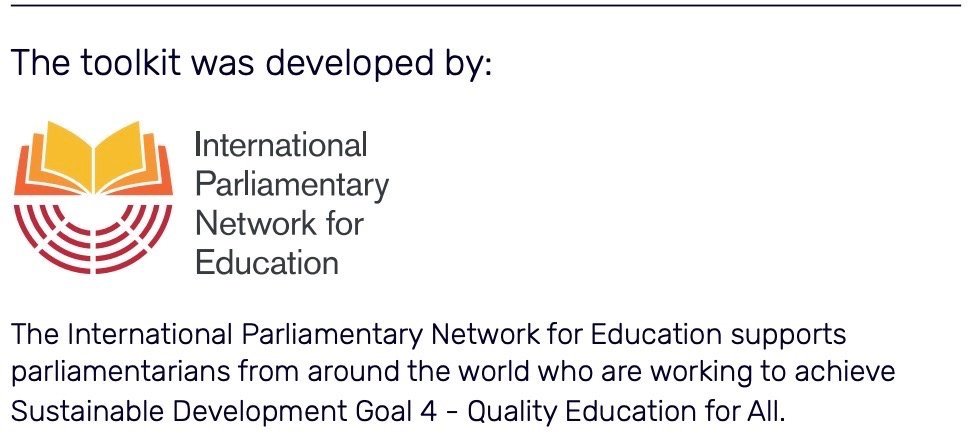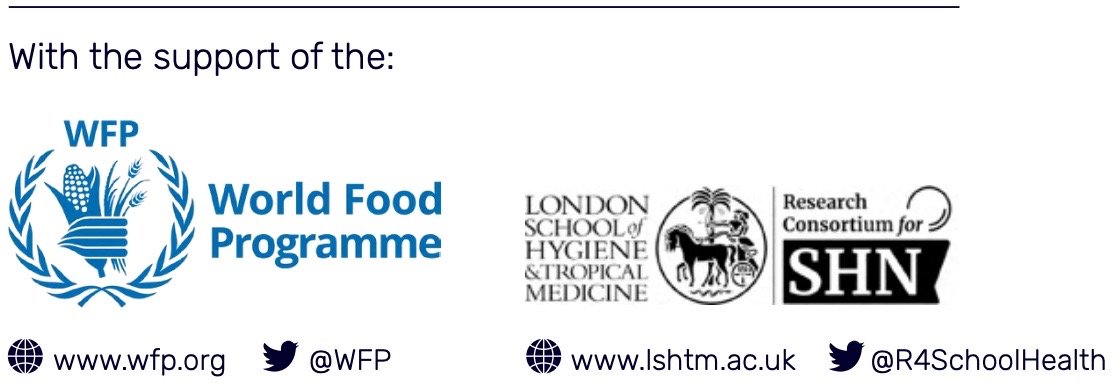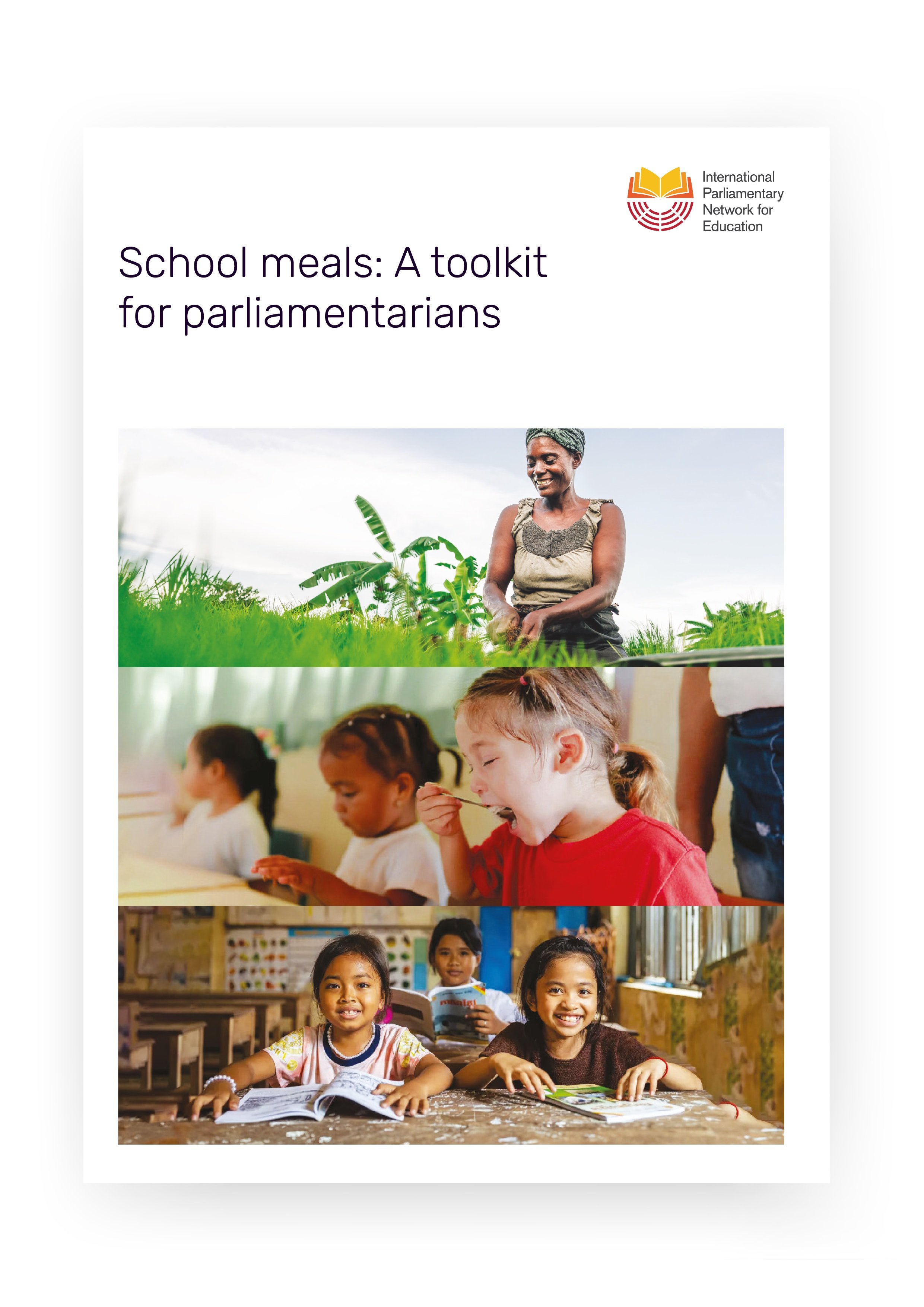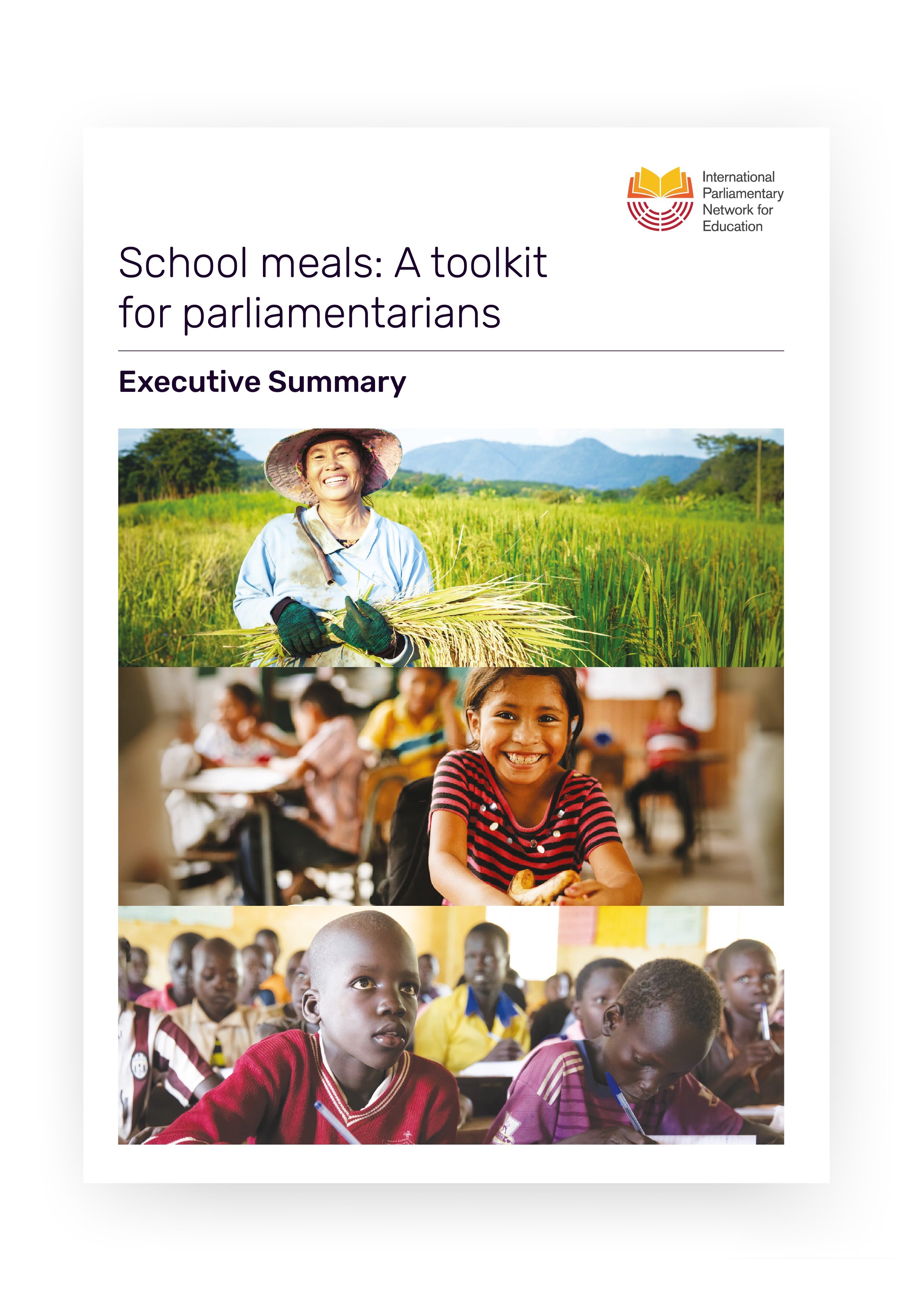
Supporting parliamentary action for school meals
Harnessing the power of school meals
Well-designed school meal programmes are one of the most impactful and efficient interventions to benefit entire communities, by supporting children’s healthy development, improving their education and providing wider societal benefits. Ranging from social protection for families, supporting local agriculture, boosting social cohesion, fighting climate change and advancing gender equality.
Key to growing the reach and improving the quality of school meal programmes is increasing parliamentary knowledge of and commitment to school meals.
School meals: A toolkit for parliamentarians
At IPNEd, we’ve produced, ‘School meals: A toolkit for parliamentarians’, which provides members of parliaments with the evidence to make the case for school meals along with actionable advice and guidance.
The toolkit has three key parts:
1. An introduction to school meals
Part one provides an introduction to school meal programmes including how meals can be provided and funded.
2. The case for school meals
Part two sets out the overwhelming evidence that school meals programmes offer exceptionally high returns on investment along with the potential for large-scale benefits across a range of priority policy areas.
3. Actionable advice and guidance
Part three of the toolkit explores how members of parliament can exercise their core responsibilities to expand and improve school meal programmes domestically and if relevant, as an international development endeavour.
You can download a copy of the full toolkit or a shorter executve summary by clicking on the links below.





























